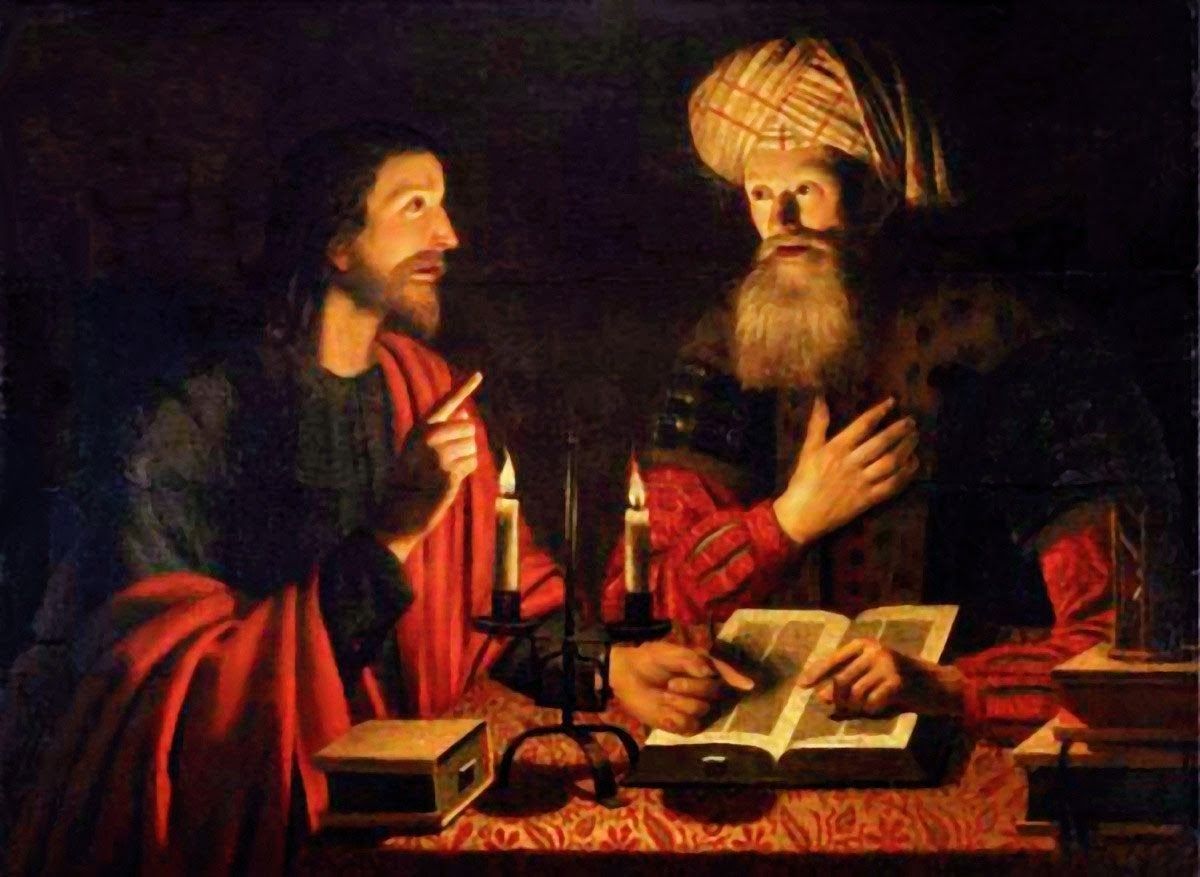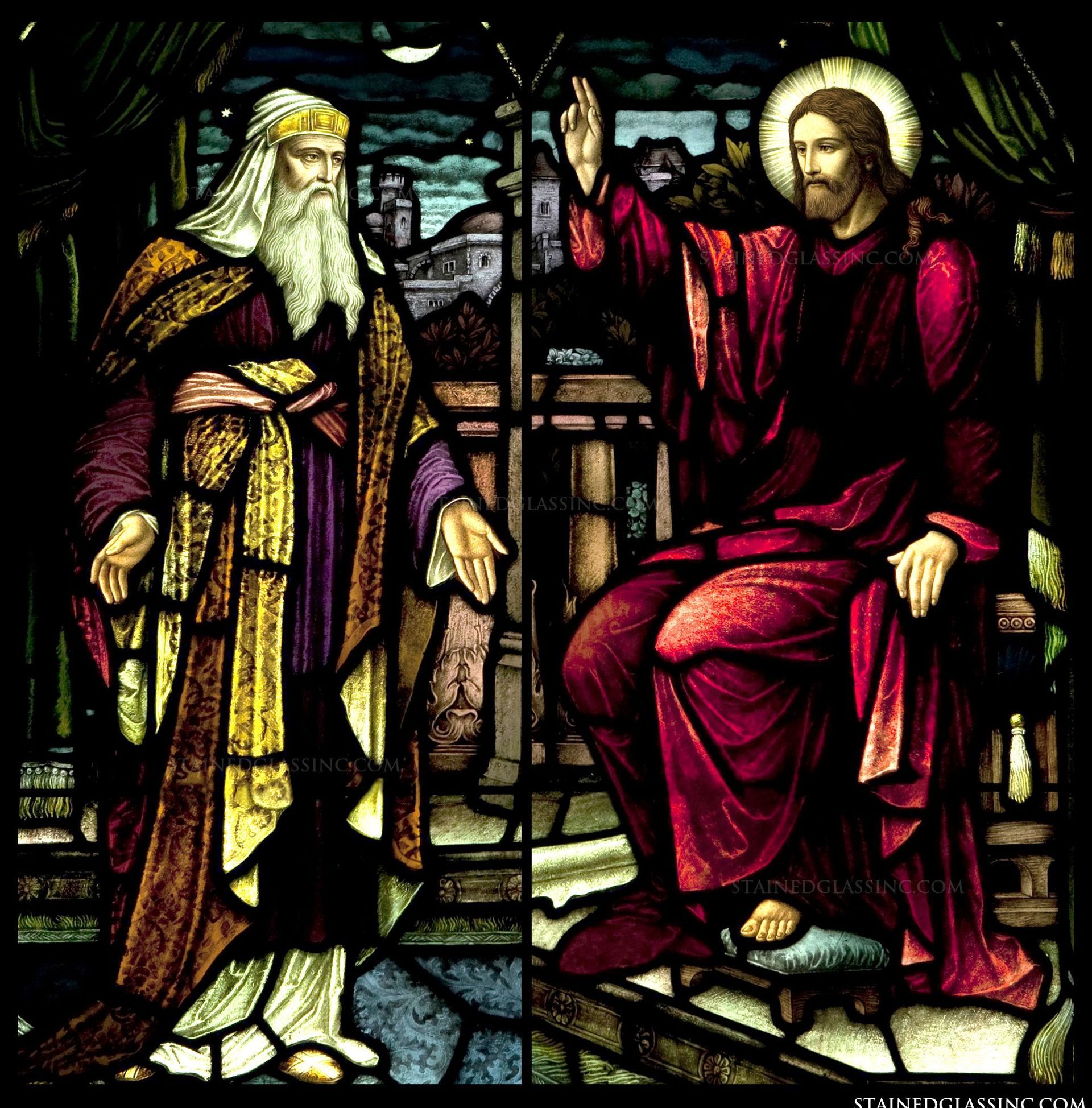Message of Abbot Paul - Laetare Sunday - 10th March 2024
Abbot Paul • March 9, 2024


In his letter to the Ephesians (Eph 5: 25-27), St Paul talks of the Church being the Bride of Christ. That being so, the Church is our Mother and we her children. She gave birth to us spiritually when we were baptised with water and the Holy Spirit. That divine motherhood of the Church is remembered today as we celebrate Mothering Sunday, for, throughout the world, thousands of candidates, known as catechumens, are preparing to receive the Sacraments of Christian Initiation this coming Easter. I’m not sure how, in the UK, this became Mother’s Day, which everywhere else in the world is celebrated on the Second Sunday of May. When I was a boy, we kids didn’t have money to buy chocolates or flowers for our mothers. We’d go into the woods or up the mountain to pick wild flowers. It was Spring, so there were many to choose from. Unfortunately, the simplicity of the day has been lost to commercialism. We pray today for our own dear mothers, living and dead, and for our grandmothers, aunts, older sisters and neighbours, who brought or helped bring us up and shared their faith with us in the warm embrace with love.
Today’s Gospel passage comes from John, (Jn 3: 14-21), and is part of the conversation Jesus had with Nicodemus one night. He explains why he has come into the world and what his heavenly Father expects of him. As you know, much of John’s Gospel is written in poetic form.
“The Son of Man must be lifted up
as Moses lifted up the serpent in the desert,
so that everyone who believes may have eternal life in him.
Yes, God loved the world so much that he gave his only Son,
So that everyone who believes in him may not be lost
but may have eternal life.
For God sent his Son into the world
not to condemn the world,
but so that through him the world might be saved.”
You will remember that, in the Book of Exodus, we read how God ordered Moses to make a bronze serpent. When the people of Israel were bitten by a poisonous snake, then Moses would raise the serpent of bronze high above them and they would be healed. He compares this to his own “lifting up” on the cross, when through his passion and death, he will heal sinners and cleanse them of their sins. His death will be the source of our life. His sacrifice, which brings with it eternal life for those who believe, is the gift of God’s love, for God wills his people to be saved and live.
Then Jesus speaks about those who refuse to believe, those who prefer the darkness to the light, and what their ultimate fate will be.
“No one who believes in him will be condemned;
but whoever refuses to believe is condemned already,
because he has refused to believe in the name of God’s only Son.
On these grounds is sentence pronounced:
that though the light has come into the world
men have shown they prefer darkness to the light
because their deeds were evil.
And indeed, everybody who does wrong
hates the light and avoids it,
for fear his actions should be exposed;
but the man who lives by the truth comes out into the light,
so that it may be plainly seen that what he does is done in God.”
God asks no more of us than that we accept the gift of his love and mercy and that we believe that Jesus is our Lord and Saviour, he who is the light of the world and comes to bring light to our darkness. He asks us to live by the truth and so live by the light of Christ. It’s fascinating to note that Nicodemus comes to Jesus in a night that is both physical and spiritual, but leaves with the gift of light, the gift of faith, so that from now on what he does, he does in God. May Jesus speak to our hearts today, as he spoke with Nicodemus on that night long ago. May we, like Nicodemus, rediscover the gift to faith and the light of Christ. Amen.









